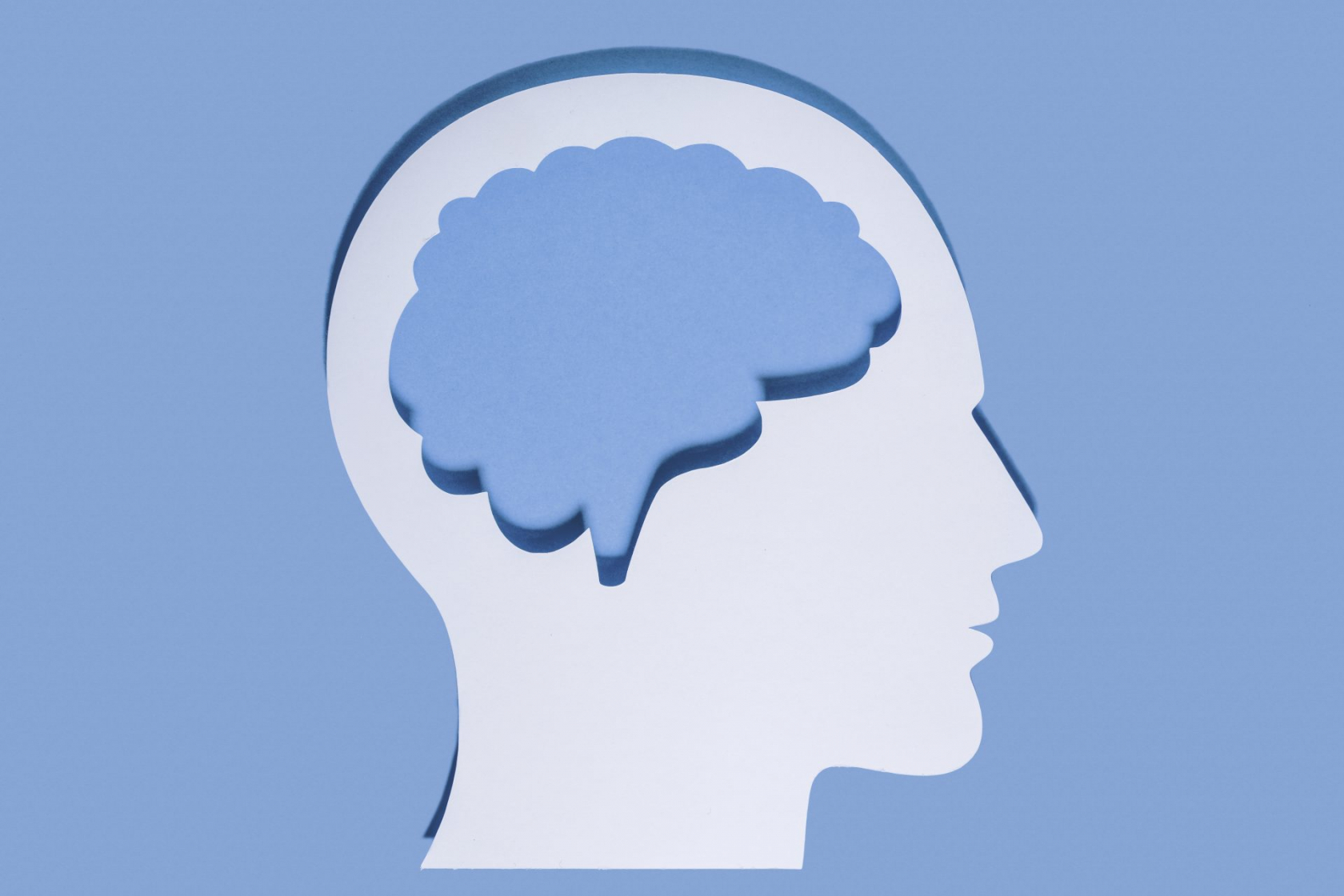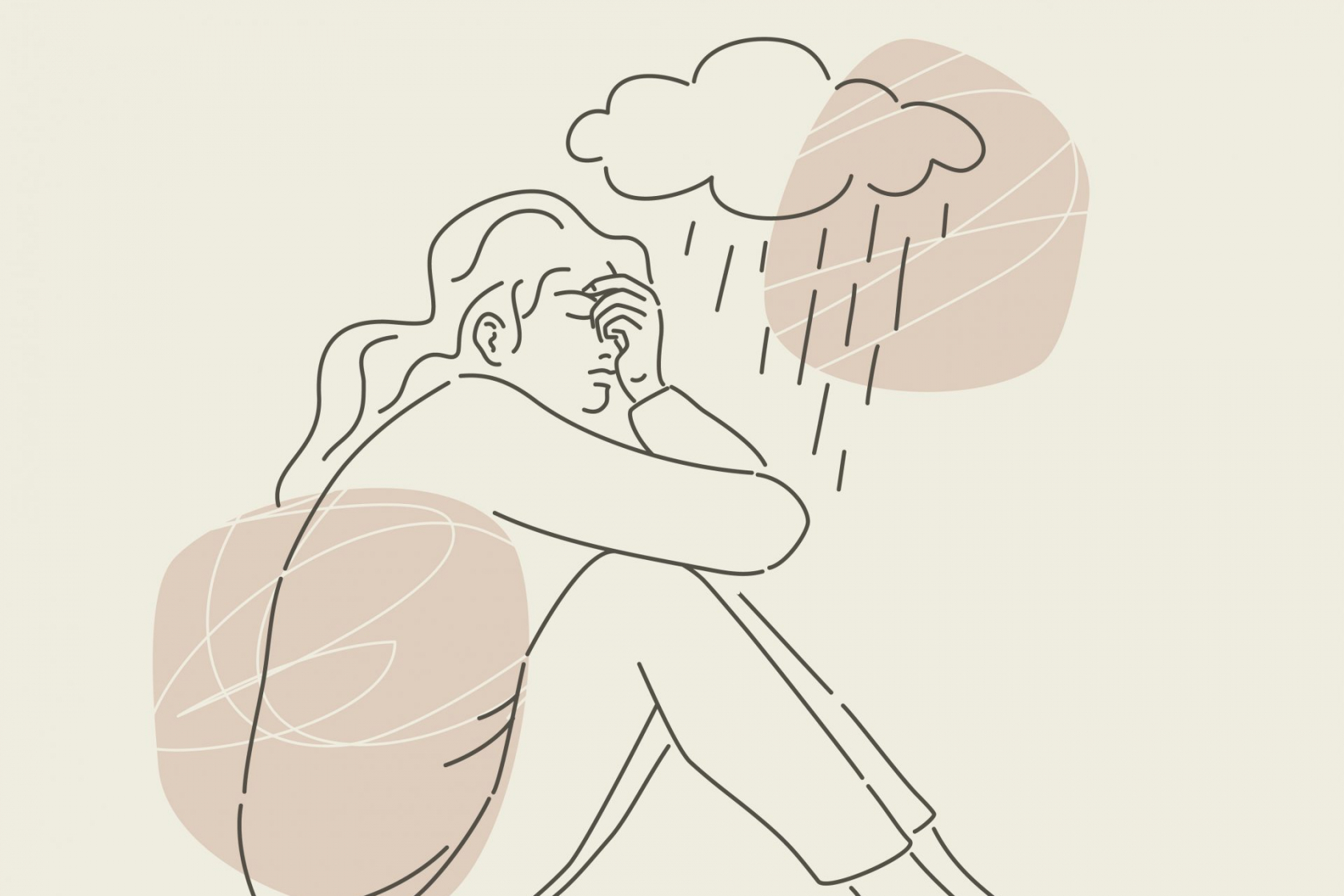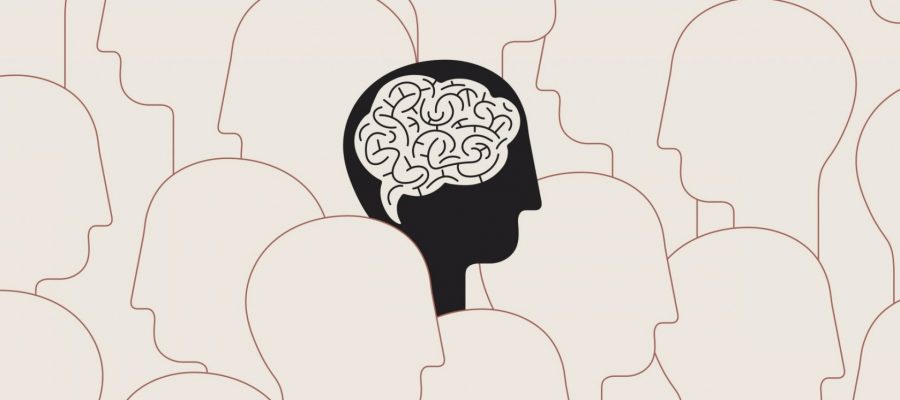Written by Lauren Geall
As Stylist’s digital writer, Lauren Geall writes on topics including mental health, wellbeing and work. She’s also a big fan of houseplants and likes to dabble in film and TV from time-to-time. You can find her on Twitter at @laurenjanegeall.
By properly understanding how loneliness works, we can learn how to overcome it.
Loneliness is one of those emotions that can be hard to define.
While we’ve all felt lonely at one point or another, it can be hard to describe exactly how it feels – and it has the tendency to pop up at some seemingly random moments, like when you’re surrounded by people at a social event or at certain times of the year, such as Christmas.
But underneath the surface, loneliness is a lot more logical than you might expect. And understanding why and how loneliness works can make it seem less overwhelming and give you the tools you need to tackle it.
So, in the spirit of Mental Health Awareness Week’s loneliness theme, Stylist asked psychologist Adenekan Oyefeso, clinical lead of the healthcare app Livi’s new online therapy service, to explain what’s really happening in our brains when we’re feeling lonely – and what that might mean for our mental health. Here’s what he had to say.
What is loneliness?
“It’s important to understand the difference between loneliness and social isolation,” Oyefeso explains. “Loneliness is a feeling – you can be surrounded by people yet still feel lonely – and social isolation occurs when you have little or no contact with people.
“Being socially isolated can lead to loneliness in some people, although it’s important to note that people can also feel lonely without being socially isolated.”
What happens inside our brains when we feel lonely?

According to Oyefeso, there are three key areas of the brain that are most affected when we experience loneliness – the hippocampus, amygdala and prefrontal cortex.
“The hippocampus has a major role in regulating how we respond to stress, and a review found that people with smaller social circles have higher levels of the stress hormone cortisol,” he explains.
“The amygdala, on the other hand, is the region of the brain important for forming memories, and research suggests that people with a busy social life appear to have more volume in this area.”
Oyefeso continues: “Finally, the prefrontal cortex plays an important role in social behaviour, decision making and memory function, and studies suggest the function and volume of this area is reduced without regular social interaction.”
Why do we sometimes feel lonely when we’re surrounded by people?
One of the most mysterious aspects of loneliness is how it can strike when you’re surrounded by people. According to Oyefeso, this is because loneliness isn’t about our proximity to others – it’s about the connection we have with them.
“Studies show that it isn’t the quantity but the quality of social interaction that matters,” he explains. “For example, one person may feel lonely despite having the company of lots of friends and family, yet another, who only has a few close relationships, can be fulfilled while appearing to be more alone.
“This can be down to how well a person is able to connect on a deep emotional level with others – there can be many varying factors that impact a person’s ability to connect with others, from history of trauma to being trapped in a false narrative.”
Oyefeso continues: “Another example is that while social media can help us stay connected, it can lead to lower quality interactions. One study found that spending too much time on social media can increase feelings of loneliness.”
Why does loneliness make us feel low?

Loneliness is a feeling in and of itself – so why does it also tend to have an affect on our mood?
“Humans are social beings, and regular social connection, through community, friendship and support networks, is vital for our mental wellbeing,” says Oyefeso.
“So it’s no surprise that social isolation and loneliness is associated with an increased risk of mental health problems like anxiety and depression, for which symptoms can include feelings of sadness and unhappiness.”
He continues: “However, while social isolation and loneliness can impair our cognitive function, there’s also evidence that re-socialising and making new connections can reverse the negative effects of isolation.
“If you’re feeling disconnected from life and experiencing loneliness, asking for help can be difficult and you might not know where to turn. Often, we don’t want to admit to being lonely but it’s always a good idea to do so. It’s important to remember that feeling lonely is a normal human experience. Arranging to talk to a professional can be a helpful place to start.”
For more information on loneliness, including the four types of loneliness and how to overcome them, check out more of our loneliness content.
If you, or someone you know, is struggling with their mental health, you can find support and resources on the mental health charity Mind’s website and NHS Every Mind Matters or access the NHS’ list of mental health helplines and services.
If you are struggling with your mental health, you can also ask your GP for a referral to NHS Talking Therapies, or you can self-refer.
For confidential support, you can also call the Samaritans in the UK on 116 123 or email [email protected]. In a crisis, call 999.
Images: Getty
Source: Read Full Article
